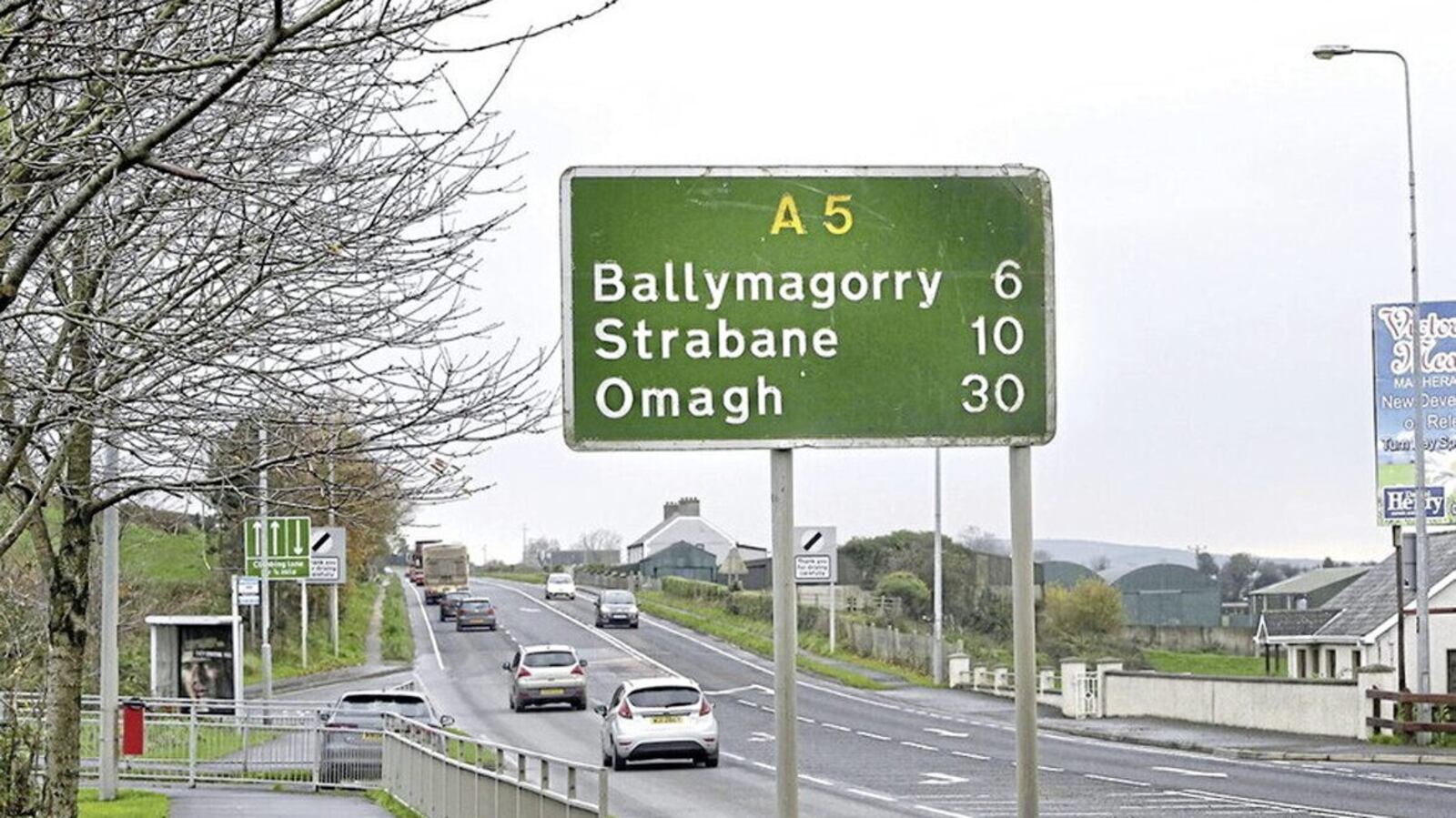News
High Court of Northern Ireland quashes A5 Dual Carriageway Approval in Landmark Ruling on the implementation of the Climate Change (Northern Ireland) Act 2022

The Judgment
On 23 June 2025, the High Court in Belfast, presided over by Mr Justice Gerry McAlinden, quashed the Department for Infrastructure’s (DfI) approvals for the first phase of the £1.2 bn A5 dual‑carriageway project, on three legal grounds:
- Non‑compliance with Section 52 of the Climate Change (Northern Ireland) Act 2022 (the “2022 Act”):
Mr Justice McAlinden found that the DfI failed to demonstrate that the project aligned with NI’s emissions targets and carbon budgets for 2050.
- Breaches of Environmental Impact Assessment (EIA) regulations:
The DfI produced new greenhouse gas estimates (particularly concerning cross‑border induced traffic) that had not been subject to public consultation despite their material significance.
- Breach of the Human Rights Act:
The DfI ignored the Planning Appeals Commission (PAC) recommendations to impose a time‑limit authorisation to prevent prolonged uncertainty for affected landowners, affecting the rights of property/equivalent private families under Article 8 of the Human Rights Act (the right to respect for private and family life, home and correspondence).
While Mr Justice McAlinden accepted the societal rationale, namely road safety for a route with over 50 fatalities since 2006, he determined that safety imperatives cannot outweigh statutory legal obligations under climate and human rights law.
Significance of the Judgment
It has now been confirmed by Stormont’s infrastructure Minister that the Judgment will be appealed by the DfI.
Irrespective of the outcome of this appeal, the Judgment is significant as it provides the first judicial interpretation of Section 52 of the 2022 Act. The Court clarified that while the 2022 Act does not prohibit “high‑emission” infrastructure outright, approval without evidence‑based alignment to statutory climate targets, inter‑departmental coordination and carbon budgeting is unlawful.
Even though the 2022 Act does not impose obligations on companies, larger companies in Northern Ireland are subject to other climate-related obligations to include:
- UK mandatory climate-related financial disclosures introduced in 2022 under the Non-Financial and Sustainability Information (NFSI) statement;
- For EU-related operations, EU CSRD (Corporate Sustainability Reporting Directive) and ESRS (EU standards) impose double-materiality reporting, governance and environmental metrics.
Conclusion
Regardless of the outcome of the appeal, ESG and climate law obligations are here to stay and must form part of, not only strategic governmental planning and strategy, but also corporate planning and strategy. If government bodies and corporations fail comply, they are at risk of being the subject of litigation.
Should you require any further advice on any of the issues above, then please contact Director Emma Rooney on 028 90 2000 50.
